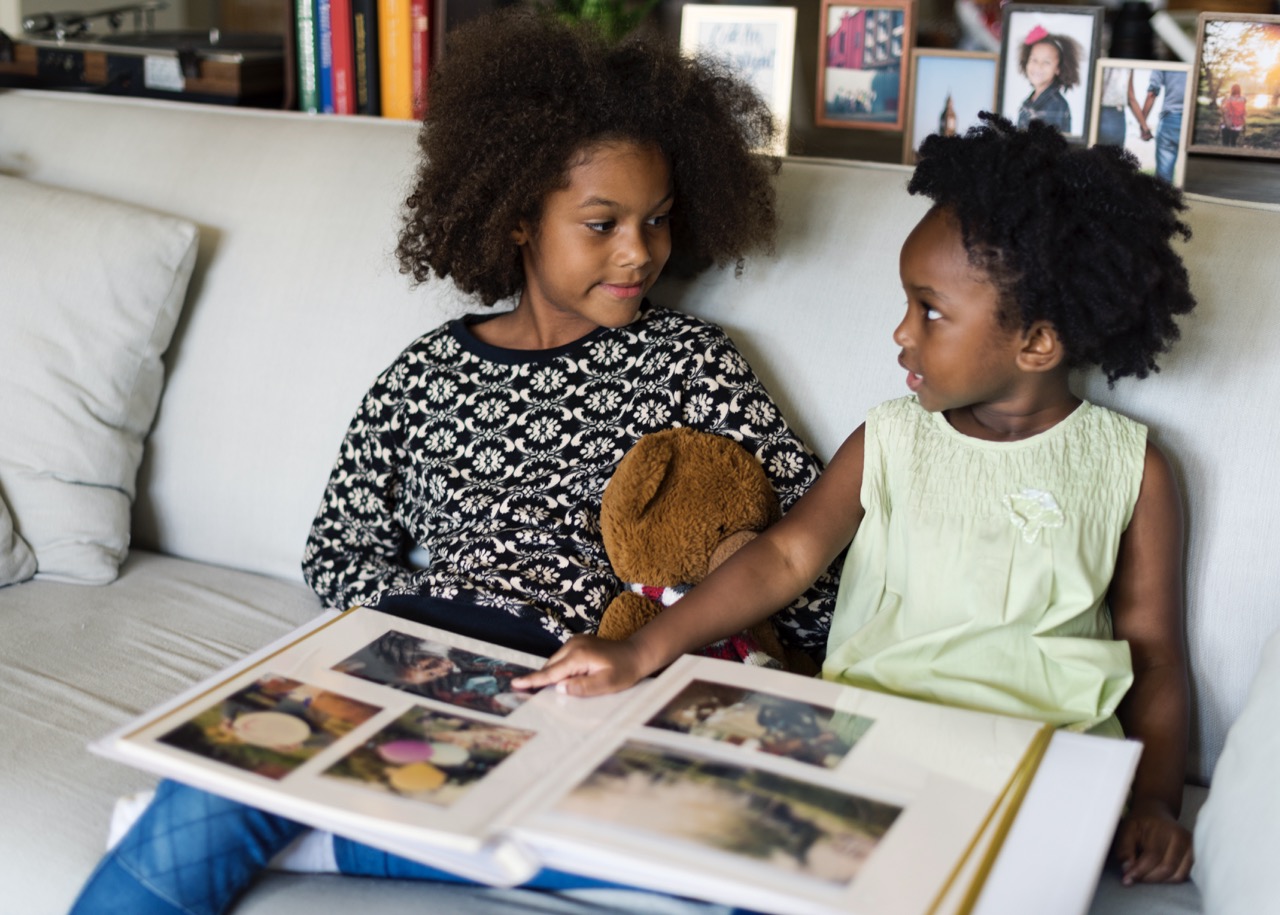Writing can be a wonderful outlet for creativity and self-expression, particularly for young authors. By providing children with engaging prompts and activities, we can help them explore their imagination and develop their writing skills. This article delves into fun writing prompts and activities designed to inspire young minds, ignite their creativity, and build their confidence as they embark on their writing journeys. Let’s nurture the budding authors of tomorrow!
Unleashing Creativity: Fun Writing Prompts for Kids
One of the most effective ways to unleash a child’s creativity is through imaginative writing prompts. These prompts can range from whimsical scenarios, such as "If you could talk to animals, what would your pet say to you?" to thought-provoking questions like "What would happen if it never stopped raining?" By presenting children with these fun scenarios, they are encouraged to think outside the box and develop unique narratives.
Writing prompts can also be tailored to match a child’s interests. For example, a child fascinated by space might enjoy a prompt like, "You discover a new planet inhabited by friendly aliens—describe your adventure!" By aligning prompts with individual interests, children can feel more engaged and excited about the writing process. This can lead to a more vibrant and enjoyable writing experience, making the act of creating stories a thrilling adventure in itself.
Furthermore, incorporating visual elements—like illustrations or photos—into prompts can be particularly engaging. For instance, presenting a picture of a mysterious door with a prompt that asks, "What lies behind this door?" can spark curiosity and encourage children to develop a rich narrative. By mixing visual stimuli with imaginative writing, we can create a fertile ground for creativity to flourish.
Ignite Imagination: Engaging Activities for Young Authors
Activities designed to engage young authors can significantly enhance their writing experience. One great approach is to incorporate storytelling games such as "Once Upon a Time," where children collaboratively build a story by taking turns to add a sentence. This not only fosters teamwork but also encourages them to think on their feet and contribute original ideas.
Creative writing workshops can also be a fantastic way to ignite a child’s imagination. These workshops offer a structured environment where children can explore different writing styles, learn about character development, and experiment with plot twists. Hosting these workshops in schools or community centers can help provide young writers with feedback and support from peers and mentors alike, making the writing process a shared and communal experience.
Another effective activity is to create a "Story Jar," where children can write down various prompts, characters, or settings on slips of paper and place them into a jar. When they need inspiration, they can pick a slip at random and let their imagination take flight. This activity not only serves as a source of creative prompts but also encourages spontaneity in their writing process, allowing for the unexpected and exciting storylines to emerge.
Short and Sweet: Quick Prompts to Inspire Young Minds
Sometimes, the best way to inspire young authors is to provide them with quick, bite-sized prompts that can be tackled in just a few minutes. Short prompts like "Write about your favorite food coming to life" or "Describe a day in the life of a superhero" are excellent starting points that can lead to imaginative bursts of creativity. These quick exercises can be particularly beneficial for children who might feel overwhelmed by longer writing assignments.
Incorporating time limits can also make these short prompts even more engaging. Setting a timer for five minutes can create a fun challenge for children, encouraging them to write as much as they can within that timeframe. This exercise helps to reduce the pressure of perfectionism and allows young writers to focus on getting their ideas down without overthinking. The emphasis here is on creativity rather than editing, fostering a love for writing itself.
Moreover, encouraging kids to share their quick stories with friends or family can build excitement around their writing. This practice not only provides them with a platform to showcase their creativity but also builds a sense of community around storytelling. When children receive positive feedback from their peers, it reinforces their confidence and fosters a greater desire to write more.
Adventures Await: Exploring Unique Story Starters Together
The journey of writing often begins with a captivating story starter. Unique story starters can act as doorways to countless adventures. For instance, "You wake up one morning to find that everything in your room has changed color—what do you do?" challenges young authors to weave a narrative that explores the unexpected. This kind of prompt invites children to think creatively and develop intriguing plots that keep readers on the edge of their seats.
Another exciting story starter could be, "You find a hidden map in your attic that leads to a treasure in your backyard." This type of prompt encourages children to combine elements of mystery and adventure, allowing their imaginations to run wild as they create a thrilling quest. The freedom to develop their own characters, settings, and conflicts makes the writing experience both exhilarating and fulfilling.
Furthermore, exploring collaborative story starters can foster a sense of teamwork among young authors. One child can begin a story with an opening line, and then their peers take turns adding to it, building a unique narrative together. This exercise not only sparks creativity but also emphasizes the importance of collaboration and idea-sharing in the writing process, highlighting how stories can evolve through collective imagination.
Write On! Tips for Encouraging Young Writers’ Creativity
Encouraging young writers requires a supportive environment where they feel free to explore their creativity without fear of judgment. One effective method is to celebrate their writing efforts, regardless of the outcome. Providing positive reinforcement and feedback can motivate them to continue writing and experimenting with their ideas. A simple "I love how you described the dragon!" can go a long way in boosting their confidence.
It’s also beneficial to create a designated writing space that is inviting and comfortable. This can be as simple as a cozy corner with cushions and a small desk or a colorful writing board that encourages brainstorming. A personalized space can help young authors feel special and inspired to write. By establishing a routine where they regularly engage in writing, children can develop consistency and a deeper connection to their craft.
Incorporating technology can also enhance the writing experience. Many children enjoy using tablets or computers for writing, which can make the process feel more dynamic and engaging. Utilizing apps that focus on storytelling or encourage creative expression can provide them with additional tools for refining their skills. By blending traditional writing methods with modern technology, we can foster a love for writing that resonates with the digital age.
Building Confidence: The Joy of Writing for Children
Writing is not just an academic exercise; it’s a joyful expression of thought and creativity. For children, the experience of crafting their own stories can be incredibly empowering. As they develop their writing skills, they simultaneously build self-esteem, learning to trust their voice and ideas. Encouraging them to share their work, whether at home or in school, can significantly bolster their confidence as they receive constructive feedback and support from peers and mentors.
Participating in writing contests or submitting stories to local publications can provide young authors with a sense of accomplishment. Even if they don’t win, the experience of submitting their work gives them pride and reinforces the notion that their writing matters. Celebrating every effort and achievement, no matter how small, helps children realize that writing is a journey, and their unique perspectives are valuable contributions to the world.
Additionally, showcasing children’s writing through school displays, family gatherings, or online platforms can create a culture of appreciation for their efforts. When children see their work valued and recognized, it encourages them to continue writing and exploring their creativity. Ultimately, cultivating a supportive environment that celebrates the joy of writing will help young authors flourish, paving the way for a future filled with stories waiting to be told.
Inspiring young authors through engaging writing prompts, fun activities, and supportive encouragement creates a nurturing space for creativity to thrive. By providing children with the tools and opportunities to express themselves through writing, we help cultivate their confidence and imagination. As they embark on their literary journeys, we can instill in them a lifelong love for storytelling, ensuring that the voices of the next generation of writers resonate loudly and proudly in the world. Let’s continue to champion the art of writing and embrace the adventures that await in every story they create!










